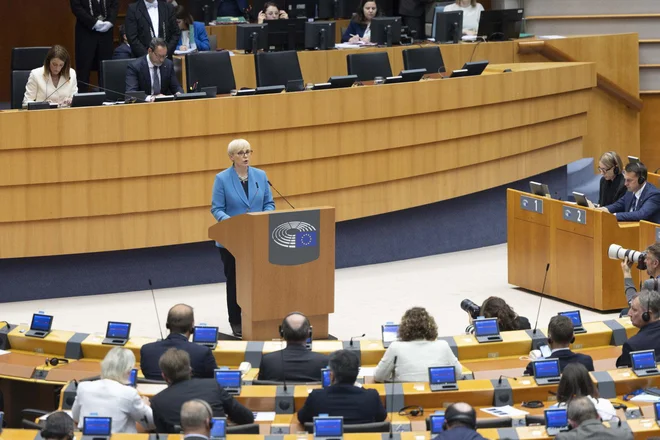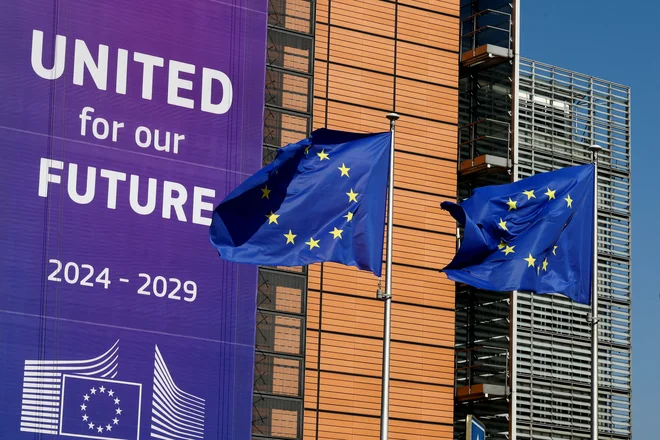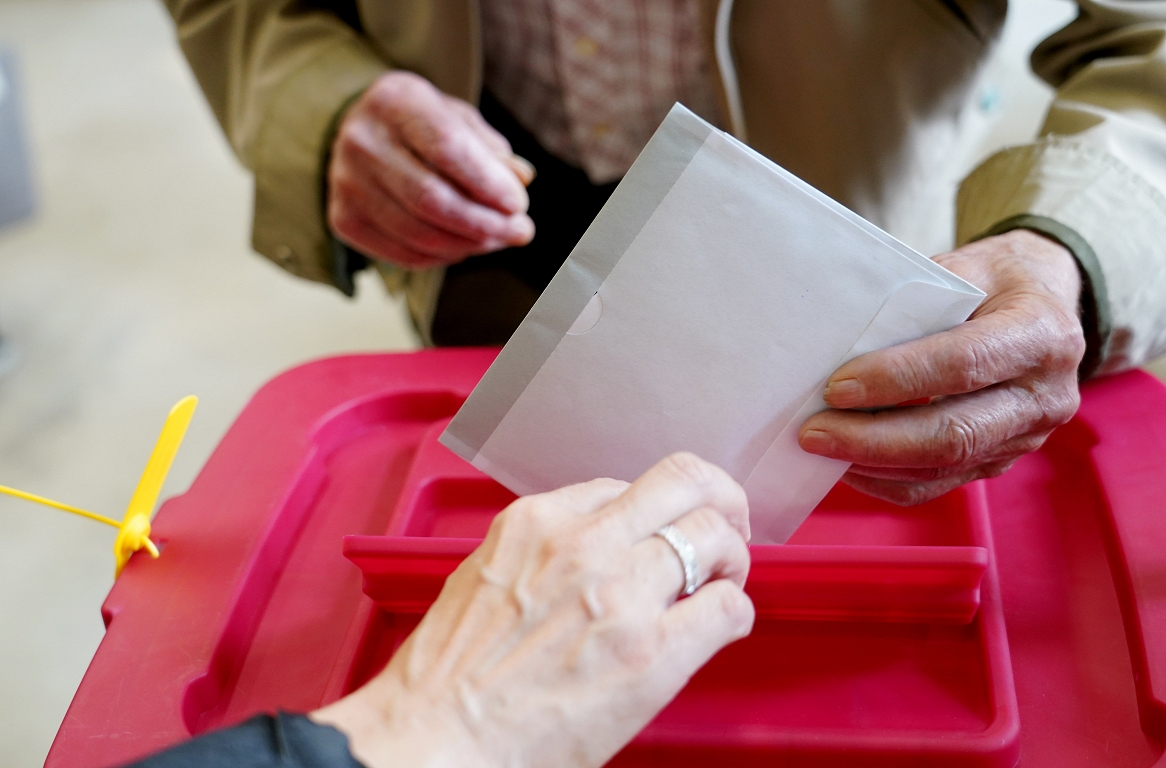Bird flu virus is increasingly passing on mammals
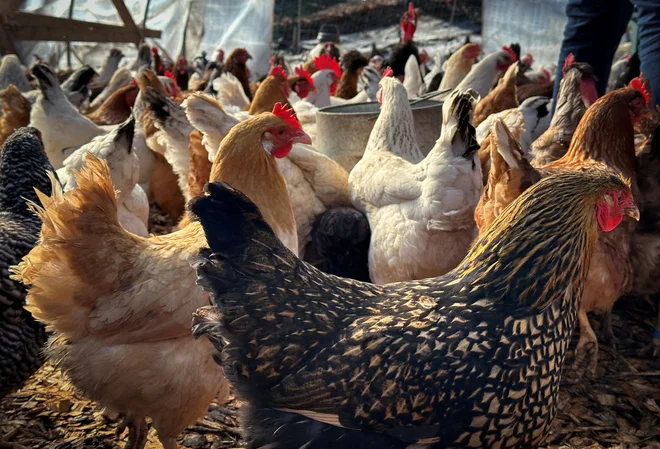
In recent years, bird flu H5N1 has caused a real pandemic crisis in the poultry industry, affected global food supply, and asked serious questions about the risk of transferring to mammals and possible future pandemia. Organization United Nations for Food and Agriculture (FAO) and World Animal Health Organization (Woah) warn that the current situation is « unprecedented »with hundreds of millions of poultry have been died or slaughtered so far, and viruses are increasingly passing on mammals.
Bird influenza virus, first identified in 1996 in China, has been part of a constant danger to the poultry industry for over two decades. But for the last four years, the situation has worsened dramatically. Europe has lost nearly 48 million bred birds in 2021-2022, while 166 million animals have had to be slaughtered in the US since the beginning of the current epidemic, FAO writes.
Such loss of poultry follows expected – jumping egg and poultry prices. In the USA egg prices doubled, which triggered even increased smuggling of Mexico eggs. Economists estimate that prices will continue to grow, as current production does not experience demand.
FAO emphasizes that bird flu has not only affects nutritional security, but also on nutritional equality – poorer countries that depend on poultry, more difficult to replace protein intake with another type of diet. Photo: Christine Kiernan/Reuters
But the effects are not just economic. FAO emphasizes that bird flu has not only affects nutritional security, but also on nutritional equality – poorer countries that depend on poultry, more difficult to replace protein intake with another type of diet. This further increases the risks of malnutrition, especially in developing countries.
The virus is increasingly occurring in mammals
One of the most worrying trends of the last epidemic of bird flu is the increased spread of the virus to mammals, including domestic and wildlife. Although transmission to people is rare for the time being, the European Food Safety Agency (EFSA) and the European Center for Disease Prevention and Management (ECDC) have discovered genetic mutations that could make it easier to transmit the virus between mammals, including humans.
Some scientists have already warned that in the long run it could be a potential pandemic threat. Each transition to a new animal species gives the virus more opportunities for mutations, increasing the risk of gaining the ability to transmit from person to person.
For the time being, public health authorities estimate that the risk for humans remains low, but if the virus mutates and adapts to human cells, the scenario could be similar to the Pandemic of Coronavirus.
Problem in farms with high poultry density
An intense poultry breeding is a major problem, where thousands of birds are often bred on farms together in small, enclosed spaces. These conditions create an ideal environment for the spread of the virus and allow its mutation.

Although transmission to people is rare for the time being, the European Food Safety Agency (EFSA) and the European Center for Disease Prevention and Management (ECDC) have discovered genetic mutations that could make it easier to transmit the virus between mammals, including humans. Photo: Dolinšek Jani
Although many countries are fighting the virus with the killings of entire flocks at the first sign of infection, poultry vaccination may be a long -term solution. For example, China has already introduced a large -scale poultry vaccination campaign, which helped to reduce outbreaks.
Fao presented a set of measures that could help limit the spread of the virus and reduce its impact on nutritional security:
– Strengthening control and reporting on new cases of bird flu.
– Improving laboratory diagnostics and rapid response.
– Introducing more effective bio-harm to poultry farms.
– the ability to introduce poultry vaccination in high -risk countries.
– international cooperation and strengthening of veterinary systems.
In addition, FAO calls for greater funding for organization Pandemic Fundwhich was established to improve the readiness of the pandemic.
New Global Risk?
Although there is no evidence of the mass transmission of bird flu from person to humans, scientists point out that the virus is showing increasing adaptations of mammalian organisms. This means that the question of the pandemic is only a matter of time if the world does not act quickly.
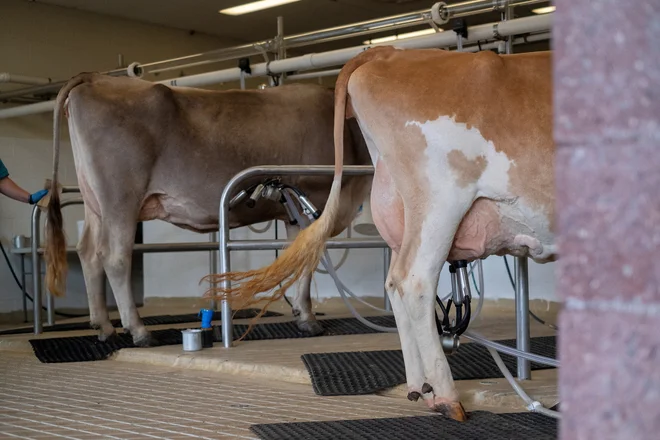
Each transition to a new animal species gives the virus more opportunities for mutations, increasing the risk of gaining the ability to transmit from person to person. Photo: Jim Vondruska/Reuters
World health organizations warn that the response must be quick and harmonized. FAO, WHO and WOAH have already called for countries to take urgent measures.


